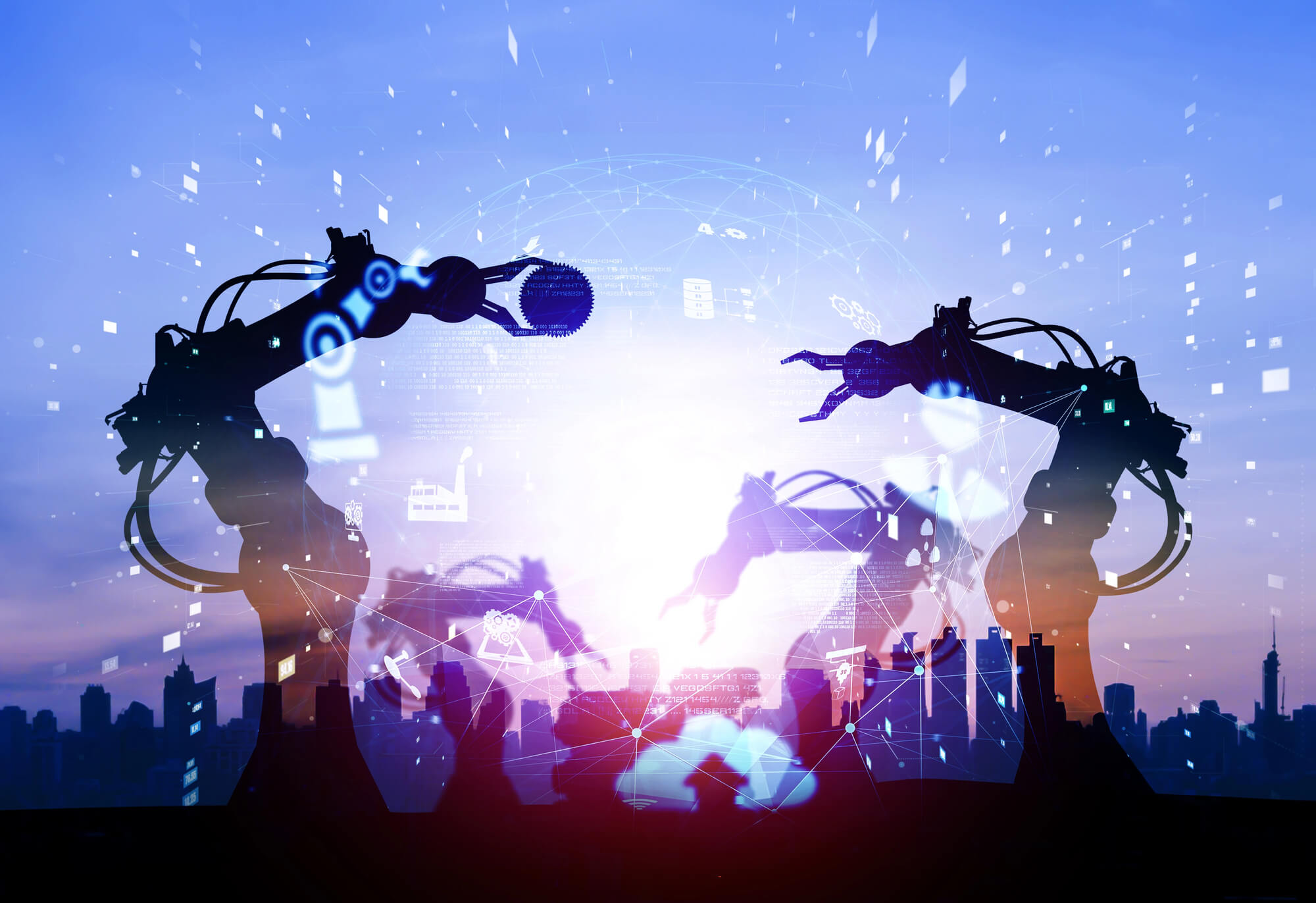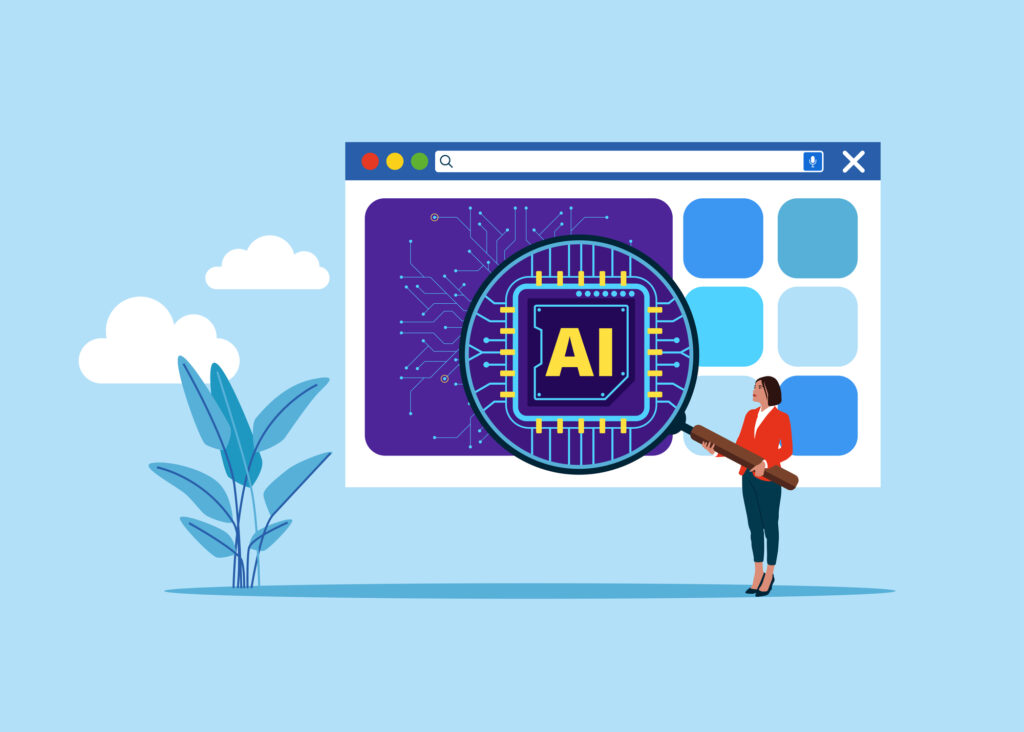AI
The Unstoppable Rise of AI: How Adoption and Usage Are Redefining Innovation

Continue reading "The Unstoppable Rise of AI: How Adoption and Usage Are Redefining Innovation"
Rise of AI: How Adoption and Usage Are Redefining Innovation?
The rapid adoption of artificial intelligence (AI) technologies across the globe is reshaping the technological, economic, and social fabric of modern society. Unlike previous waves of innovation, such as the internet or mobile computing, the rise of AI is not unfolding gradually—it’s happening at a pace and scale the world has never seen before. From consumer tools like ChatGPT to enterprise deployments in healthcare, finance, and logistics, AI is quickly becoming ubiquitous. This article explores the unprecedented growth in AI usage, its drivers, and its implications for industries, governments, and individuals.
Rise of AI: Faster Than Any Prior Tech Revolution
When OpenAI launched ChatGPT in November 2022, few could have predicted the speed at which it would permeate everyday life. Within five days, the chatbot had reached one million users—faster than Instagram, Netflix, or the iPhone. By April 2025, ChatGPT had over 800 million weekly active users. This trajectory not only reflects user enthusiasm but also a broader trend: the global hunger for AI-powered solutions.
Comparatively, it took the internet more than two decades to reach similar penetration levels. AI adoption is happening 5.5x faster than Google Search, and user engagement is distributed across all global regions, not just technologically advanced nations.
Enterprise Capital Expenditures: A Surge Toward the Future
The corporate world is investing heavily in AI infrastructure. In 2024 alone, the combined capital expenditures (CapEx) of major U.S. technology firms—including Apple, Microsoft, Amazon (AWS), Alphabet (Google), Meta, and NVIDIA—surpassed $212 billion, representing a 63% year-over-year increase. These investments focus primarily on AI data centers, chips, and model development, reflecting the strategic importance of AI to future growth.
For example, NVIDIA’s developer ecosystem has grown from around one million developers in 2018 to over six million by 2025. Similarly, Google reported that over 7 million developers are actively building with its Gemini AI models—an increase of 5x in just one year.
Lower Inference Costs Fuel Broader Use
While training state-of-the-art AI models remains expensive, the cost per token for inference—the process of running trained models to generate output—has dropped significantly. This decline is crucial because it enables more widespread, real-time use of AI in applications ranging from customer service bots to medical diagnostics.
This trend mirrors the evolution of technologies like electric power or computer memory, where costs initially soared but declined dramatically as scale increased. Today, falling inference costs are converging with better performance, empowering a broader base of developers to integrate AI into their products.
AI and the Workforce: Opportunity or Displacement?
The labor market is undergoing significant shifts due to AI integration. Since 2018, IT jobs in the U.S. related to AI have increased by 448%, while non-AI IT job postings have declined by 9%. This divergence suggests a profound transformation in the skillsets and roles that companies value.
Industries ranging from finance to education are already deploying AI tools. Bank of America’s virtual assistant, Erica, has handled over 2 billion client interactions, while companies like Yum! Brands have launched AI platforms like Byte to optimize restaurant operations globally.
These developments suggest that while AI may automate certain tasks, it also opens doors to new types of work, especially for those equipped to leverage its capabilities.
Global and Geopolitical Implications
The battle for AI supremacy is not just a tech race—it’s becoming a geopolitical contest, especially between the U.S. and China. The emergence of sovereign AI strategies, open-source model races, and government-backed AI infrastructure investments indicate that leadership in AI could translate into strategic global influence.
Countries are investing in AI as they once did in electricity, space, and the internet. For instance, the U.S. Food and Drug Administration (FDA) announced in 2025 a full-scale integration of AI technologies across all its divisions by mid-year. Meanwhile, Chinese firms like Alibaba and DeepSeek are launching competitive large language models that rival Western counterparts.
Consumer Behavior: From Curiosity to Daily Dependence
AI applications have shifted from being novelties to daily tools. In education, healthcare, productivity, and entertainment, AI has embedded itself into the routines of billions. Spotify now supports AI-translated audiobooks in over 29 languages, using ElevenLabs’ voice cloning technology. Platforms like Duolingo use AI to build entire curriculums—even in subjects where content creators aren’t subject matter experts.
For consumers, the zero marginal cost of using AI tools (often free or freemium) is a key driver. ChatGPT, for example, offers both free and premium tiers, allowing mass experimentation and adoption without significant barriers.
The Path Forward: Risks and Responsibility
With exponential growth comes significant responsibility. AI presents risks ranging from job displacement and misinformation to bias in decision-making and autonomous weapons development. The same technology that enables efficient cancer research can also power highly targeted surveillance systems.
Thought leaders like Stephen Hawking have warned that AI could be the “last invention” humanity needs—if not developed responsibly. The good news: many nations and corporations are actively engaging in regulatory and ethical discussions to ensure AI remains a force for good.
Conclusion: A New Era in Real Time
AI is not a distant future—it’s a present reality that’s reshaping every industry, every country, and every individual’s life. Its adoption is faster, broader, and more transformative than any previous innovation wave. Whether you’re a developer, policymaker, business leader, or consumer, adapting to this new AI-powered era is no longer optional—it’s imperative.
We are witnessing not just a technological shift, but a new chapter in human history—one that demands foresight, adaptability, and shared responsibility.
About the Author
The Best Digital Marketing Insight and Advice
The WSI Digital Marketing Blog is your go-to-place to get tips, tricks and best practices on all things digital
marketing related. Check out our latest posts.
We are committed to protecting your privacy. For more info, please review our Privacy and Cookie Policies. You may unsubscribe at any time.
Don't stop the learning now!
The Pilot-to-Production Chasm: Why “Successful Pilots” Still Fail
Series Post #2 The Pilot-to-Production Chasm: Why GenAI “Success” Often Stops at the Pilot Most organizations can launch an AI pilot. Very few can integrate it into core workflows without breaking in edge cases, losing trust, or creating more work than they remove. The uncomfortable truth The report highlights a steep drop from investigation → …
Continue reading “The Pilot-to-Production Chasm: Why “Successful Pilots” Still Fail”
READ MOREThe GenAI Divide: Why 95% Get Zero ROI (and What the 5% Do Differently)
AI + Operations Series Based on MIT NANDA Research (2025) The GenAI Divide: Why 95% of Organizations Get Zero ROI Enterprise spend on GenAI is huge, adoption is high, and yet most organizations report no measurable P&L impact. The “GenAI Divide” explains why only a small group extracts real value—and how to join them. Quick …
Continue reading “The GenAI Divide: Why 95% Get Zero ROI (and What the 5% Do Differently)”
READ MOREFrom AI Hype to Real Results: Turning Automation into Operational Efficiency
AI is no longer a “nice to have” experiment. For many organizations, it’s becoming a critical part of how they operate, compete, and grow. Yet there is still a painful gap between AI hype and measurable business results. The good news? You don’t need a massive transformation project to unlock value. You need a practical, …
Continue reading “From AI Hype to Real Results: Turning Automation into Operational Efficiency”
READ MORE




